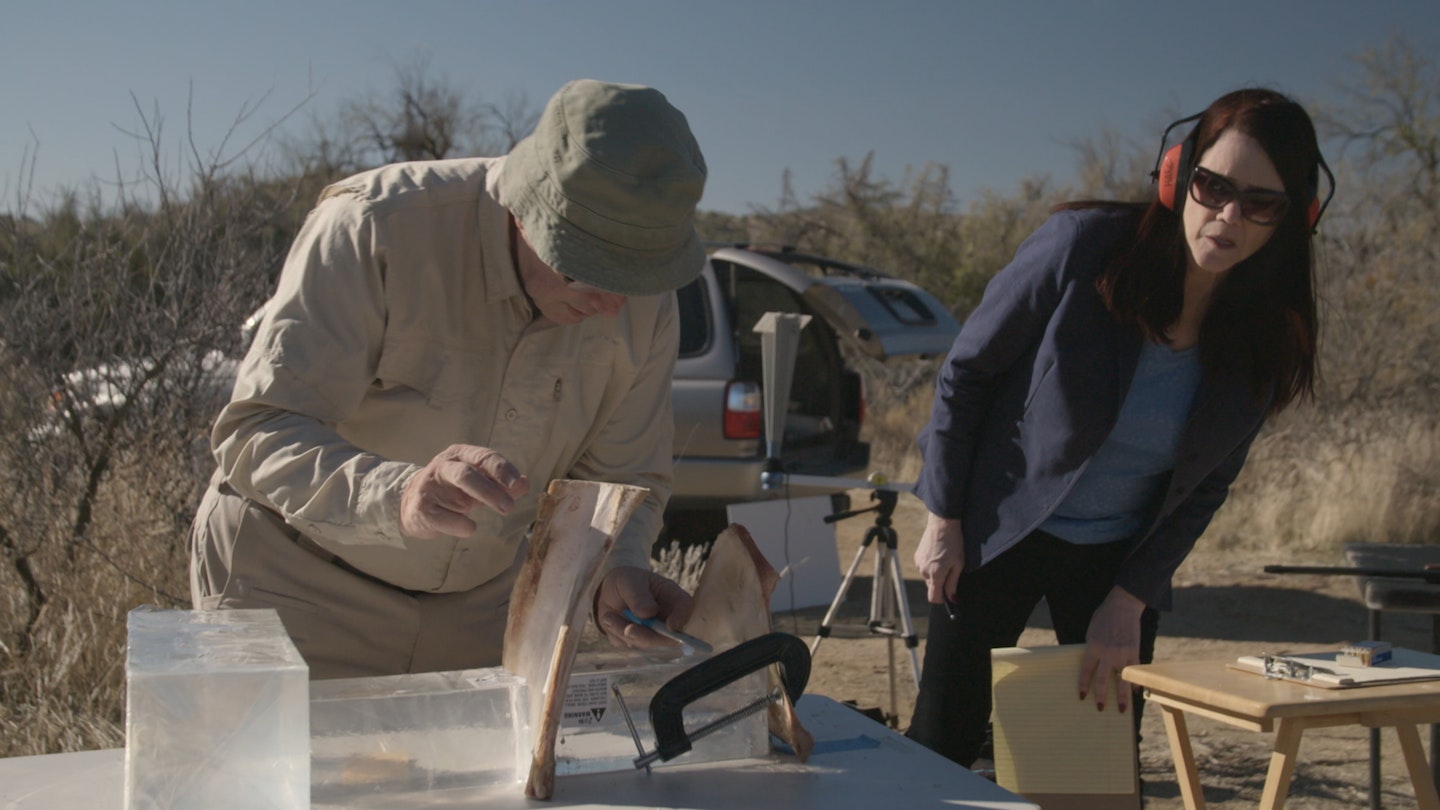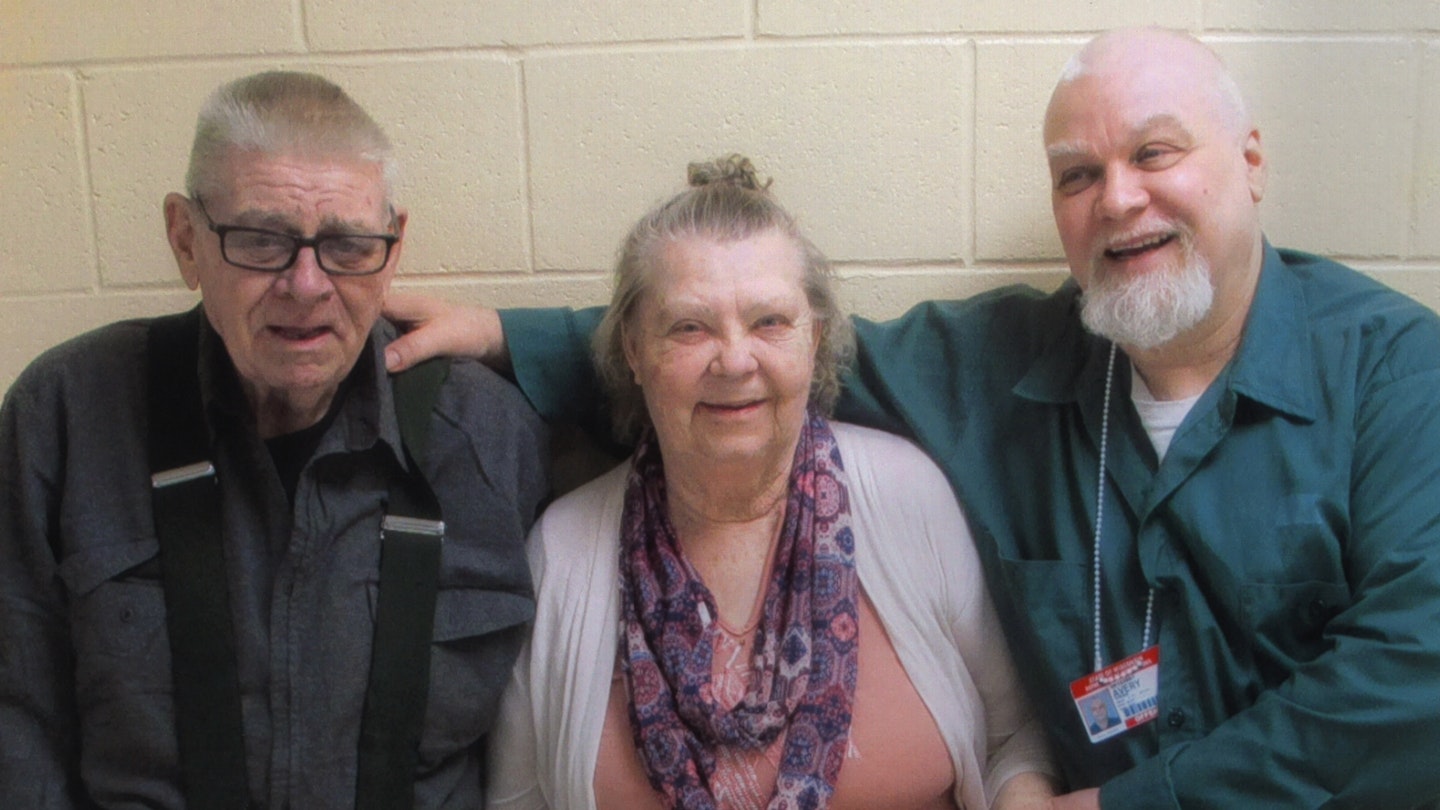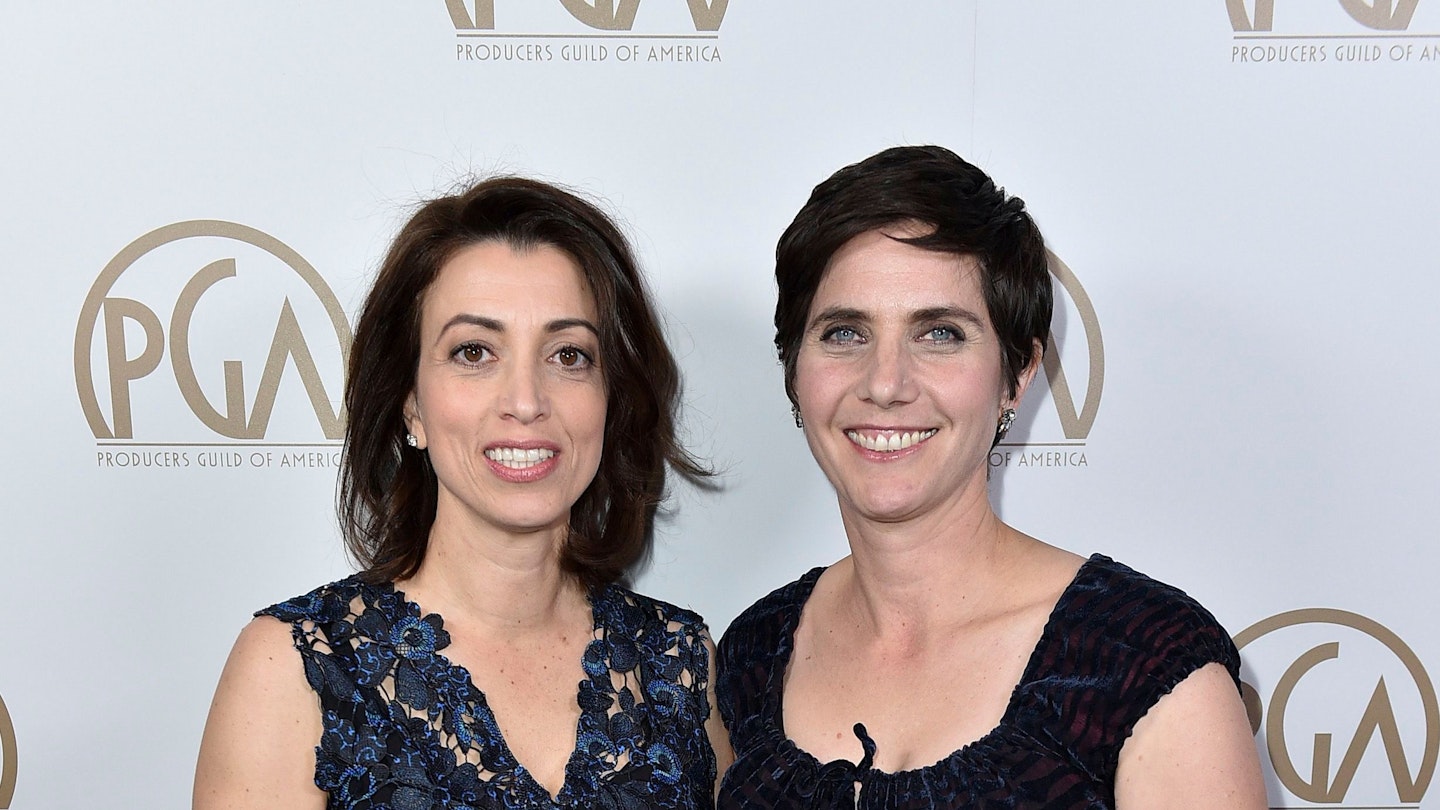In 2015, the case of Steven Avery and his nephew Brendan Dassey was little known outside the US state of Wisconsin – until the ground-breaking documentary series Making A Murderer arrived on Netflix that December, becoming the streaming platform’s ultimate sleeper hit. It followed Avery’s compelling story, from his first wrongful conviction for sexual assault in 1985 to his eventual exoneration on resurfaced DNA evidence to his second arrest, for the 2005 murder of photographer Teresa Halbach, and the court case that ensued. Hanging over the case was the spectre of potential police corruption: key pieces of evidence appeared to have been fudged, and confessions seemed wrongfully obtained – all elements that conspired to make the show irresistible to the amateur detective in us all. Whatever your views on Avery’s innocence, Making A Murderer made for addictive viewing.
Three years on, the show’s writer-director duo, Laura Ricciardi and Moira Demos, have picked up an Emmy for their efforts, Steven Avery is still fighting to prove his innocence - now with the help of a hot-shot new attorney – and a second season of Making A Murderer promises to follow Avery as he grapples with America’s complex post-conviction system – and, hopefully, to answer some of the many questions left hanging in last season’s finale.
‘As Steven indicates at the end of part one, he’s a fighter,’ says Laura. ‘He maintains his innocence and says that he’s going to challenge his conviction, so [in season two] both he and Brendan are in the process of doing that. Steven gets a new attorney, Kathleen Zellner, and she’s the “winning-est” private post-conviction attorney in the United States. When we started filming with her, she had helped exonerate 17 people.’ Though dedicated MaM fans might initially feel a little put out to learn that last season’s dynamic duo of Dean Strang and Jerry Buting will not be back, Zellner’s impressive track record was certainly a good omen for the filmmakers, and her energy brings new angles to Steven’s case. ‘From a story-teller’s perspective, she’s certainly a welcome new subject,’ Laura explains. ‘She’s proactive, and we knew that she was going to be making things happen.’ In some ways, she acts as a surrogate for the viewer, returning to the events of season one and unpicking them in forensic detail. ‘One thing that viewers can expect from part two is now with Steven’s new advocate Kathleen Zellner, she’s really in search of answers, and is somebody they can go on a journey with, go to the crime scene, get their hands on evidence and try to unpack some answers,’ adds Moira.

Since Making A Murderer first landed on our Netflix home-screens three years ago, the streaming site has launched a whole raft of true crime shows, from The Keepers to Wild Wild Country; along with podcasts like Serial, the show has helped to bring a previously niche genre into the pop culture mainstream. However, its creators are equivocal about their project being viewed through this particular lens. ‘It’s interesting that we are repeatedly asked the question [about the true crime boom], as I certainly don’t feel like an authority on true crime,’ says Laura.
Instead of making sweeping statements about the genre’s popularity, she is happier to cite some potential reasons for her own show’s unique success. ‘Lots of people have approached us and said, “I’m a member of an underclass, or I was, and I’ve never seen people like myself represented on American television, or haven’t seen them represented in such an authentic way,” so that’s part of the reason why the material resonated for them,’ she explains. ‘But there are also themes that emerge from the story that people care about or identify with. We’ve often talked about it as an underdog story, a story about someone who is contending with powerful individuals, powerful institutions. Part of what we’re looking at is: “Do people in positions of power wield that power responsibly?”’

Of course, the show wasn’t without its critics, including those that claimed Making A Murderer leaned too heavily upon Steven’s innocence: after its release, prosecutor Ken Kratz even cited pieces of evidence against the accused that didn’t make it into the series. It’s something that season two must inevitably nod towards, albeit obliquely - the first episode even features a short clip from a protest, one disgruntled activist clutching a banner that reads ‘Don’t let Netflix tell you what to think!’ – but Moira claims that responding to criticism ‘wasn’t really a concern.’ She adds that most of the criticism she’s encountered has been ‘from people who had really missed the whole point of season one; so the best way to handle that was just to do the same thing [in season two] and hope that now, with 20 episodes, it’s clearer what our motivations are, and what the series has to offer.’
One criticism that was harder to shake off was one that rings true for so many series and podcasts in this genre: that in focusing on Steven’s case, the show might have lost sight of the woman at the centre. Viewers will remember Steven Avery’s name, but would they remember Teresa Halbach’s? In season two, it seems, the pair have sought to redress this. ‘In part two, as in part one, we had invited Teresa Halbach’s family to participate. For both parts, they declined, which is a decision we understand we respect,’ says Moira. ‘Of course we would very much like to hear from them directly, but in part two we were fortunate that one of Teresa’s college friends agreed to sit down with us. He gave us a very thoughtful interview that we used throughout several episodes; he also shared archival materials, video and photos, so we were able to include more of her in the series.’ It's a subtle but noticeable shift in the show's balance, and one which the show's second season certainly benefits from: hopefully, where Making A Murderer goes, other true crime shows will follow.
For more from Laura and Moira, watch Grazia’s full interview with the Making A Murderer creators below…
Making A Murderer season two is available on Netflix from 19th October
